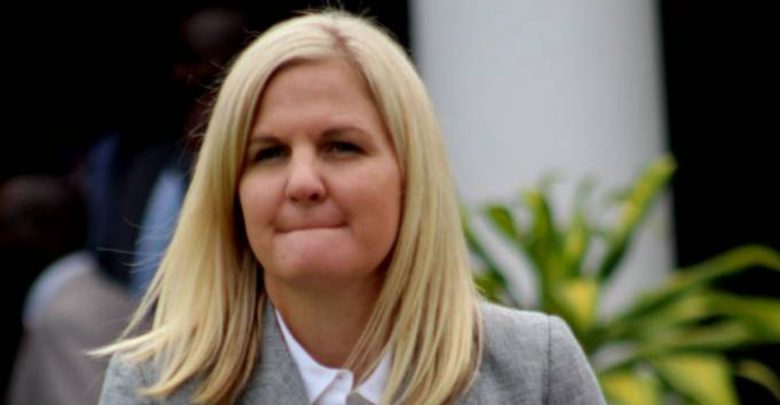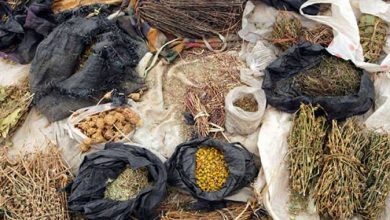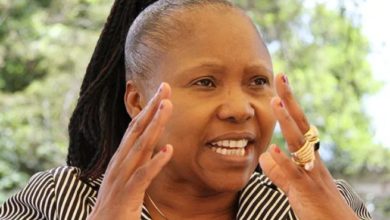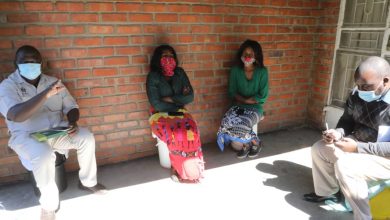
The ZWL$17 million COVID-19 youth fund announced by the government last week raises eyebrows and could be manipulated for political mileage, various stakeholders have said.
The fund is aimed at supporting youth-led businesses and associations to mitigate the effects of the COVID-19 pandemic on their operations was unveiled last week by the government.
To be given as a grant, the fund is meant to build capacity among youth-led businesses and registered youth organisations engaged in activities complementing the national taskforce’s relief efforts.
These include manufacturing and distribution of protective materials such as face masks, sanitisers and soaps.
“This relief fund targets youth enterprises and registered youth associations,” said Youth Minister, Kirsty Coventry, while announcing the fund in Harare.
“To qualify for the grant, associations or enterprises owned by Zimbabwean youths must have been existing and operating for a period of at least six months to a year before the lockdown. They must also demonstrate how their activities have been impacted by the COVID-19 pandemic. Their business must have a formalised structure complying with the statutory requirements governing that sector.”
She added: “They must demonstrate innovation, value addition, and or beneficiation and enterprises helping combating Covid-19 will be given priority in the release of funds. The association or enterprise must be able to produce a bank statement dating back six months to a year prior to the lockdown.”
While Coventry emphasised that the process would be as transparent as possible, some sections of the society are not convinced either.
Nqobani Nkomo of Selbourne Park said the government was always good at promising without delivering.
“The government always says it is giving youth money but no one has ever seen the cash; it’s a PR (public relations) stunt used by government,” he said.
“It’s almost impossible to fairly distribute funds in Zimbabwe, as history has shown; the only way is order financing; youths always squander the money.”
Opposition ZAPU spokesperson, Iphithule Maphosa, described the initiative as “misplaced priorities of segmenting recipients for political expediency.”
“All businesses and all citizens are affected by the pandemic and as such, rescue funds should be universally disbursed,” he said.
He said it would be naïve of Zimbabweans to ever think there would be fairness and transparency in the distribution of the special fund.
“It is difficult to achieve transparency with government under ZANU-PF, which has all institutions under its capture. It is like expecting to meet virgins in a maternity ward,” he added.
Bulawayo provincial spokesperson for the MDC, Swithern Chirowodza, also said there was no way the ZANU-PF-led government could be transparent with that fund.
“The Mnangagwa regime has already failed the patriotic and impartiality test,” said Chirowodza.
“It parcels out land, donor aid and food on a partisan basis. ZANU-PF has restricted the distribution of maize and mealie-meal to the Army`s Joint Operations Command.
It will be a miracle if the Mnangagwa regime distributes the money to genuinely needy youths.”
He added: “The last time Saviour Kasukuwere (former youth minister) embarked on a similar exercise the money was gobbled up by ZANU PF members. There is nothing that can be done. ZANU-PF is incurable and anti-citizen.”
Political analyst, Sipho Nyoni, said the fund risked existing on paper and never reaching out to the intended beneficiaries.
“Firstly I would like to say there is always something sinister about government funds, whether it is relief aid or funds to cushion the populace from the effects of Covid 19,” said Nyoni.
“Most of these funds merely exist on paper and there is never a proper detailed audit of how government disburses the funds. If it so happens that the funds really and truly do exist, they are more likely to be disbursed to those who are politically affiliated to the government and one wonders if they will even reach the youth who are supposed to be the primary beneficiaries in this case for instance.”
He called for transparency in the disbursement of public fund.
“After all has been said and done, a well audited and transparent list of the beneficiaries would go a long way in fostering the much-needed transparency,” he added.






